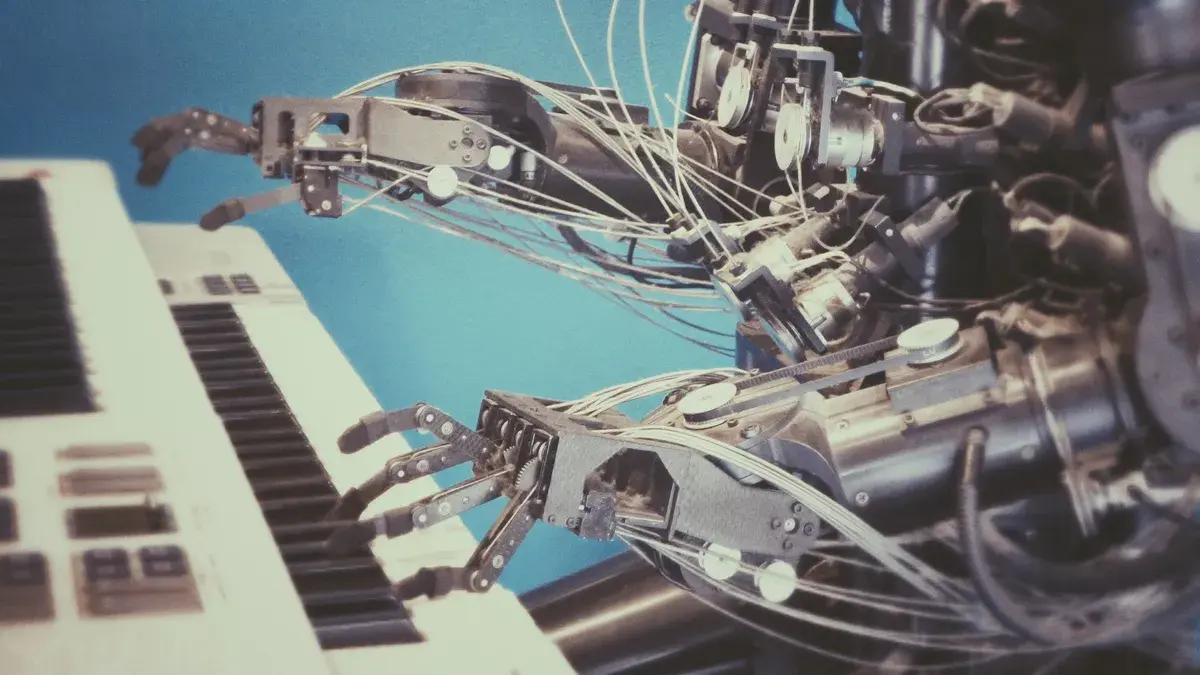Strokes are a leading cause of long-term disability, often diminishing mobility in more than half of stroke survivors aged 65 and older. Rehabilitation becomes crucial for these patients to regain the ability to walk, talk, and perform daily tasks. For those with a passion for music, playing an instrument might seem like an unattainable dream. However, a new AI-powered soft robotic glove is offering hope, enabling individuals trained in music who have suffered a stroke to play again and engage in tasks requiring dexterity and coordination.
Developed by Dr. Maohua Lin, a professor at the Department of Ocean & Mechanical Engineering at Florida Atlantic University, the smart exoskeleton glove integrates tactile sensors, soft actuators, and artificial intelligence to aid in relearning manual tasks post-neurotrauma. Weighing only 191 grams, the glove is designed as a flexible, multi-layered 3D-printed robo-glove, intended to be gentle on the skin of the palm and wrist area. It can be customized to fit each patient’s hand and facilitates natural hand movements.
Dr. Erik Engeberg, another professor at Florida Atlantic University’s Department of Ocean & Mechanical Engineering and co-author of the study, explains that the glove allows users to control the flexion and extension of their fingers, providing hand guidance, support, and enhanced dexterity. The researchers emphasize the importance of music therapy in stroke rehabilitation, as it aids in language and motor function recovery.
The glove features soft pneumatic actuators located in the fingertips, generating motion and exerting force to enable the patient to mimic natural hand movements. Additionally, the fingertips are equipped with an array of 16 flexible sensors, or “taxels,” providing tactile sensations during interactions with objects or surfaces. Through a single molding process, the glove’s actuators and sensors are seamlessly integrated.
Machine learning plays a crucial role as the researchers taught the glove to differentiate between correct and incorrect renditions of a beginner’s song on the piano. The glove successfully distinguished between playing “Mary had a little lamb” correctly and incorrectly, highlighting its potential as a valuable tool for personalized music rehabilitation.
With its innovative technology, the AI-powered robotic glove offers stroke survivors the opportunity to relearn music and regain their musical abilities. This breakthrough has the potential to significantly enhance the rehabilitation process for individuals wishing to reconnect with the joy of playing music.
By Impact Lab


